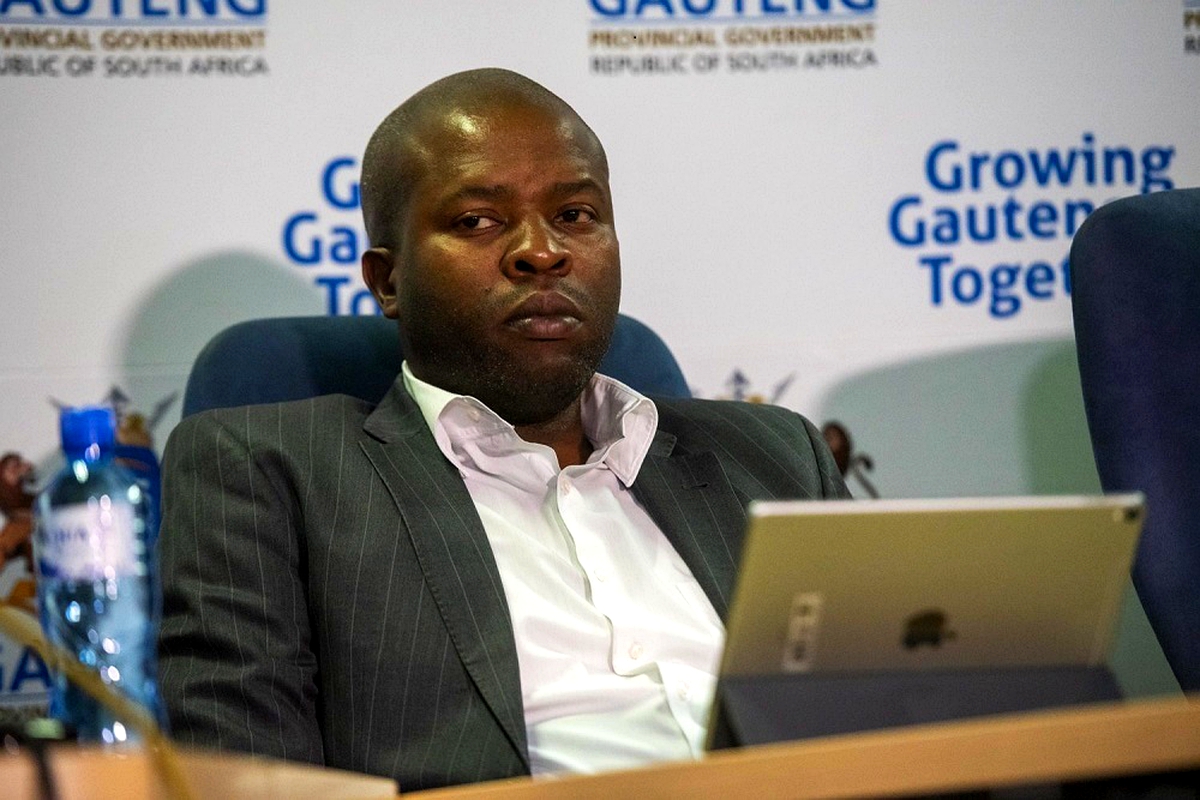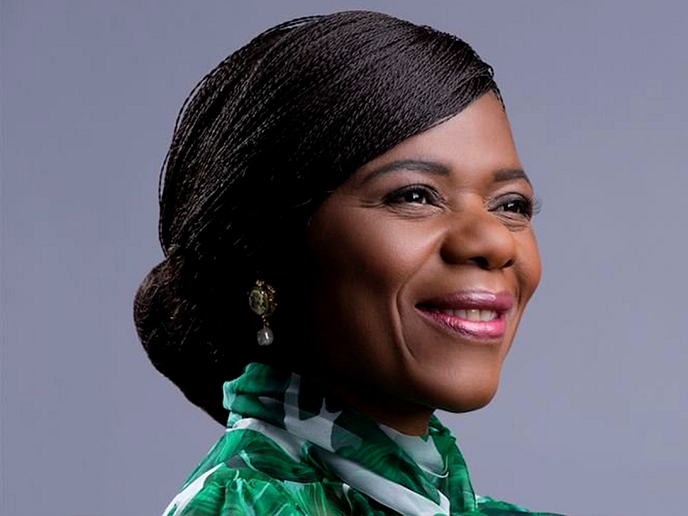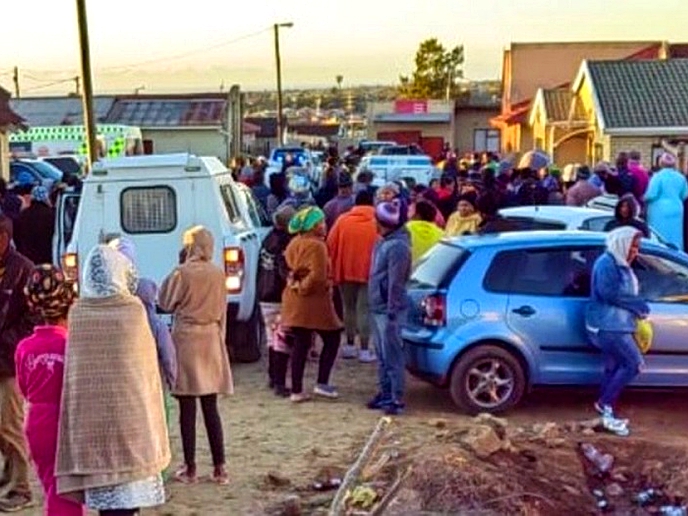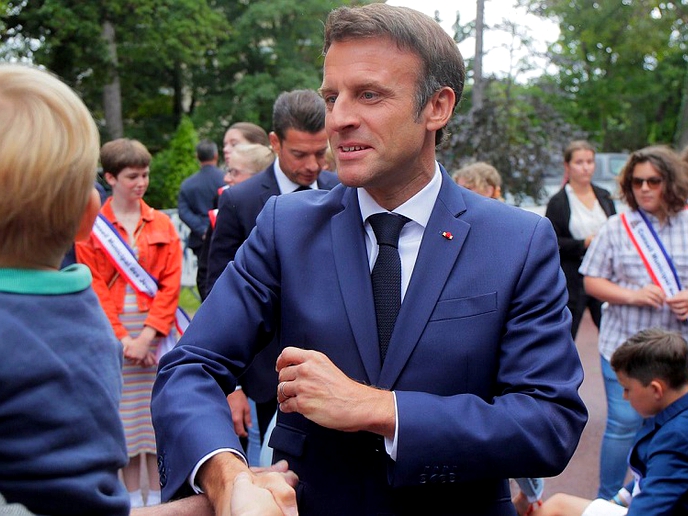THE ANC’s Gauteng province is due to go to a conference this coming weekend, with strong indications that it could be split through the middle by two candidates with strong support.
africa
June 20, 2022
OWN CORRESPONDENT
7 min read
Gauteng ANC’s conference will showcase the party at war with itself

Cooperative Governance and Human Settlements MEC, Lebogang Maile
Story highlights
The current deputy leader, Education MEC Panyaza Lesufi, is contesting against the Cooperative Governance and Human Settlements MEC, Lebogang Maile. It is not clear if either of them, should they win on the weekend, will be able to convince voters to come out and support the ANC in two years’ time, an important sign and symbol of the party’s apparent decay.
There can be no doubt of the importance of Gauteng to our elections. In a country rapidly urbanising, the province has the highest population and is an economic powerhouse on the continent.
It is also likely to be the most highly contested in terms of political parties in two years’ time. This is where the ANC will have to fight against the DA, the EFF and Action SA’s attacks. All three opposition parties may bring strong candidates for the position of premier.
At the same time, this is the province where it could be argued the ANC has already lost important political power, because the centre of power, the three metros of Joburg, Tshwane and Ekurhuleni, are currently controlled by DA-led coalitions.
The numbers show how high the climb will be for the ANC. In the 2019 elections, it won 50.19% of the vote. In the local elections last year the results were far worse, with the party winning just 36.05% of the vote cast.
In the face of this, it would appear more important than ever that the party shows a unified face, and elects someone to lead it with the primary focus on retaining the province.
Instead, there will now be an election this week between two candidates, both of whom have long track records and their own powerful constituencies within the provincial party.
Both Lesufi and Maile have been in the provincial cabinet for years, both are almost national figures because of the importance of Gauteng and how often they appear in the media.
Both also have important and unpleasant questions to answer about those track records.
While Lesufi is arguably one of the best media performer politicians (in English) the ANC has ever produced, he has still not fully explained his role in the Covid-19 fogging scandal.
As Maverick Citizen’s Mark Heywood revealed in 2021, the province wasted R431-million on the deep-cleaning of schools which was unnecessary – achieving the same results as closing schools’ doors for 48 hours would have.
As the Special Investigating Unit later confirmed, some of the agreements were arranged with suppliers on WhatsApp.
There can be no doubt as to how a literally insane amount of money was wasted here, nearly half a billion. And yet, and in accordance to by now nearly universally-accepted rules for the ANC-linked corruption, there have been no consequences for Lesufi in this other than the humiliating media reports.
And then there is Maile.
For many years, he has had to deny claims that he is part of what was called the “Alex Mafia”, a group of politicians led by the now ANC treasurer Paul Mashatile. There can be no doubt as to the closeness of the relationship between Maile and Mashatile, and a close political association that goes back many, many years.
In 2019, the public hearings by the SA Human Rights Commission into living conditions in Alexandra forced Maile to explain the role of his brother Mike Maile amid claims that money went missing from what was called the Alexandra Renewal Project.
One interchange between Lebogang Maile and the current SAHRC CEO Buang Jones (see video) appeared to show Maile’s lack of respect for Chapter 9 institutions, with Maile refusing to answer direct questions.
Then there is Maile’s illegal attempt to force the DA to give up control of Tshwane by placing the metro into administration, under the pretext that the council could not meet to elect a new mayor. But it was only because councillors from certain parties failed to arrive at meetings that no mayor could be elected (under the law, because a councillor is elected and paid, they cannot refuse to attend a meeting simply to prevent a quorum to frustrate the will of another political party; they simply have to attend).
In the end, the Constitutional Court ruled that he was wrong to do this, in a ruling which could have important repercussions for our politics for many years to come.
Both of these incidents raise questions about Maile’s respect for democracy and its institutions.
Enjoy our daily newsletter from today
Access exclusive newsletters, along with previews of new media releases.
The point of all of this is that it seems unlikely that either Lesufi or Maile will be able to win the province for the ANC.
In Gauteng, one of the major defining issues of the election is turnout. If it is true that it is ANC supporters who fail to turn up and vote (a.k.a. An “enthusiasm deficit’ – Ed), then the party needs to identify someone who is able to energise the ANC base. And if it is also true that, as President Cyril Ramaphosa put it, there is a “palpable sense of anger” at the party, then the person needs to be able to assuage that feeling too.
At this moment in time and space, and after decades of failed expectations and betrayed promises, this appears unlikely.
The fact that this conference will be (fiercely) contested is clearly against the will of the current premier and outgoing leader, David Makhura.
Over a year ago Business Day reported that Makhura lamented the in-fighting in the province, and warned that it could cost the party Gauteng.
Things have got much worse since his warning.
In public, Makhura referred to the Ekurhuleni Region’s conference as a “war zone”, while the Tshwane conference was also hotly contested. The Joburg conference was reasonably calm, but only after one of the candidates for the leadership, Mpho Moerane, died after a car crash several weeks before it was due to be held.
All of this suggests that it is possible that the Gauteng conference itself could be so hotly contested that it even collapses, or that a vote cannot be held, or that the entire event falls into some legal morass, all of them the multiple worst-case scenarios for the provincial, and the national, ANC.
It is a sign of what is an apparent decay of the party, a symbol of how it is unable to be unified in the face of electoral threats. Even the glue of power, what kept the party together for so long, has lost its stickiness in the party that is at war with itself.
This could suggest that in a worst-case scenario, where the in-fighting continues, it is possible that the party falls to even less than 30% in Gauteng in 2024, and become unable to ever win power back.
In these messy times, the weekend’s conference may well become a symbol of the party as a whole, where its members fight over less and less political power and care even less about the country that is suffering around them. DM
Tailored for you






